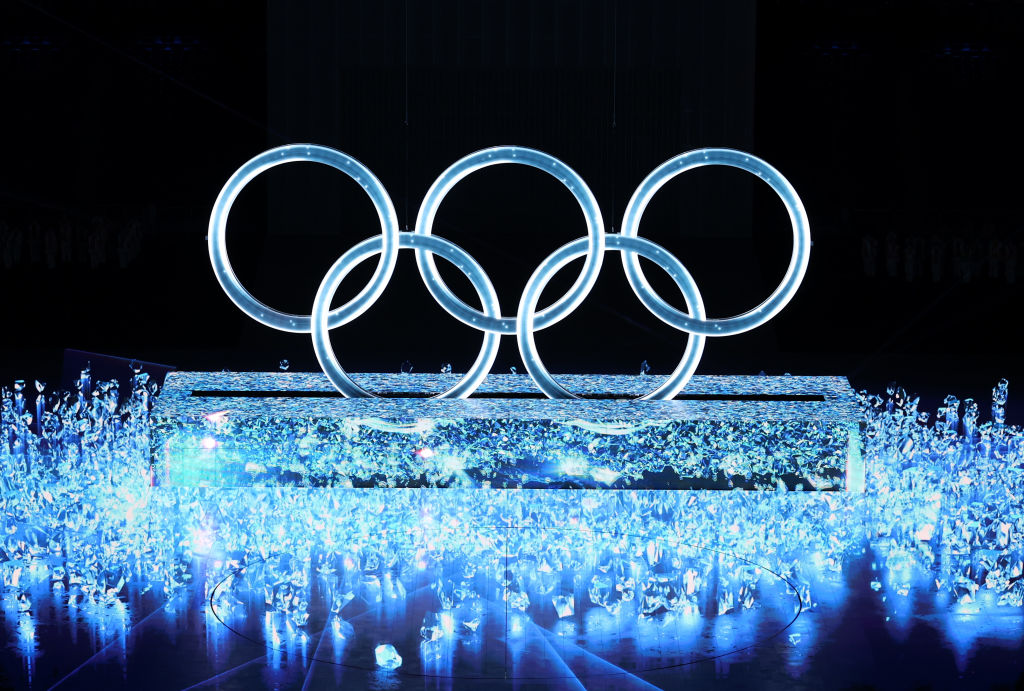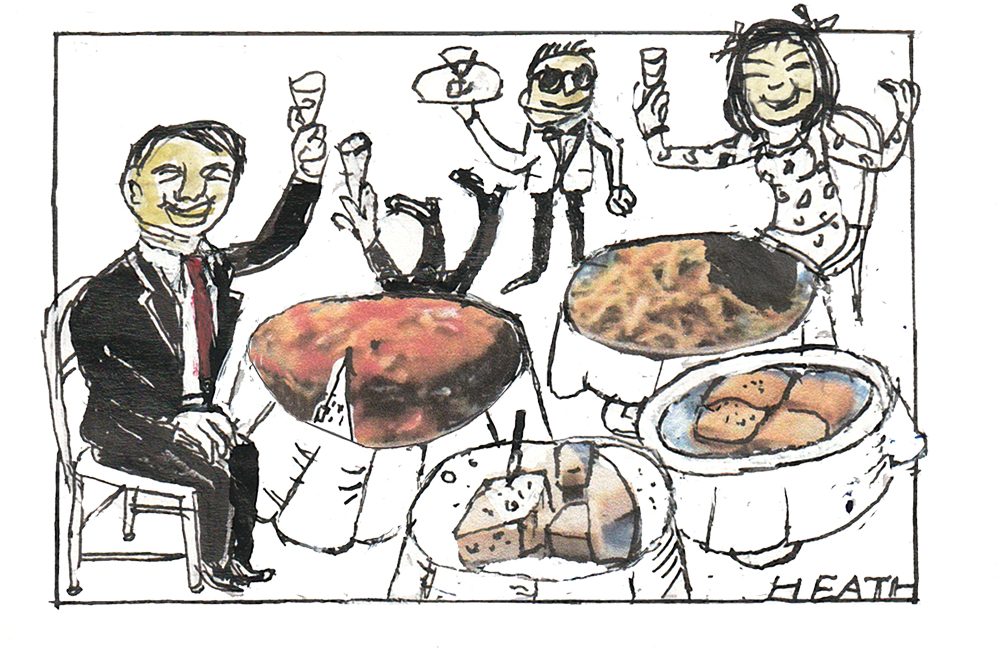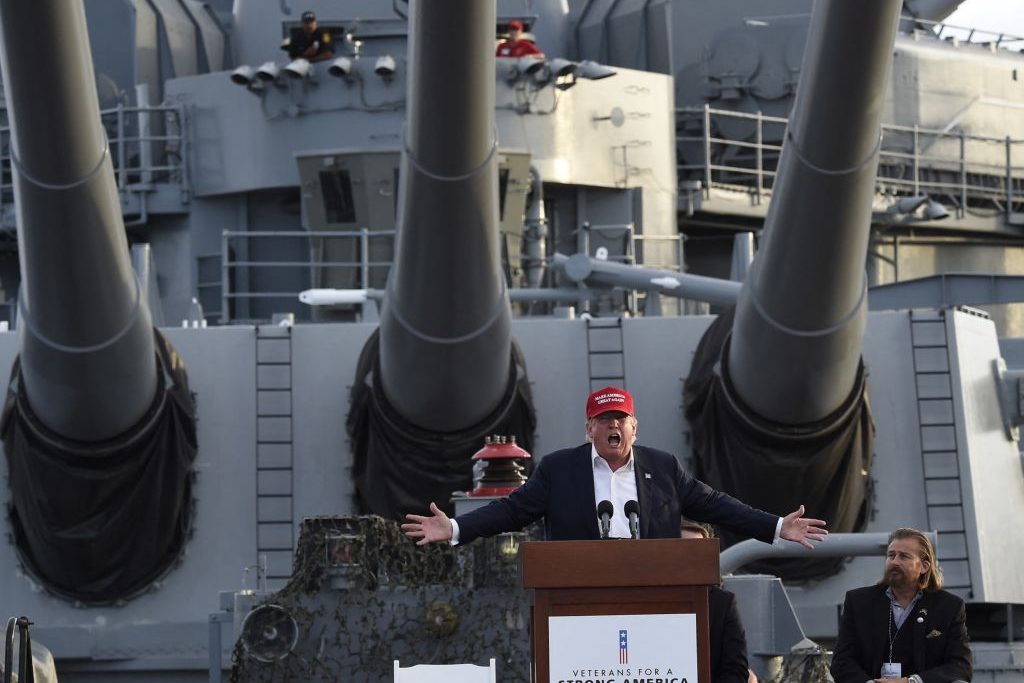If it were true that civilization progresses inexorably according to the laws of some teleological principle, public — in modern times, professional and commercialized — sports would not have survived Classical Greece and the Roman Empire, thus sparing the modern world such obscene extravagances as the Super Bowl in the United States, the World Cup in Europe and the international Olympic Games. Mass man at play in his leisure hours is not a pleasant and encouraging sight in any circumstances, but gathered with his fellows in massive sports stadia one views him at his absolute worst.
Sweating like pigs, roaring like wild beasts, hysterical with brainless over-excitement at the spectacle of a couple dozen or so over-nourished brutes butting, jostling, kicking and tripping over each other over a field of Astroturf under the grim suspicious gaze of an elderly referee in a ballcap, with a whistle resting on his chest, tens of thousands of faceless human blanks who have never read a book, listened to a string quartet or pondered the architecture of any structure more noble than the Rose Bowl sit or stand gazing out over the heads of the players toward a barrier plastered with the logos of a variety of international corporations and eating synthetic junk purveyed by several of these enterprises. “No sports,” Winston Churchill has been reported as saying — no doubt apocryphally, as Churchill was a keen polo player well into his old age.
If he did say it, he must have had sport in its twentieth-century form in mind. Like so much in life, sports are a good and even a valuable activity when kept in proper perspective and in their proper place. In its most innocent and healthy form, sport is a baseball game in a vacant lot, a cricket match on the village common, a horse race across broad fields beyond the town limits, all of them involving amateurs whose sole reward is the exhilaration of the thing and a pardonable pride in winning. “Anything that is worth doing is worth doing badly,” said Chesterton. Even when badly performed, sports are better than pushpin, which Bentham thought as good as poetry, and incomparably more civilized and worth the while than television shows, video games and the ubiquitous antisocial media.
Nevertheless, they do nothing to develop the intellect and the imagination despite the physical skill and mental concentration they frequently demand; once the game is over the players are left with nothing to show for their strenuous effort save, in professional sports, the huge salaries paid out to them. The ultimate human futility of the entire business is accurately represented by the lives of retired sports idols who, having learned in their youth no more useful trade than that of hitting balls or pucks with sticks, or catching them, and bringing one another to the ground like a big cat on a zebra, discover that their best chance of avoiding oblivion post-career is to go on television to boost some worthless commercial product 50 percent of the viewers never thought to buy because they never wanted or even thought of it to begin with: a spectacle whose deepest message is not “Buy this bauble and you will be happy and at peace at last” but instead Sic transit gloria mundi.
This is not to deny that physical grace, skill, bravery and aplomb — what Hemingway called “grace under pressure” — in combination and demonstrated before a knowledgeable and appreciative public are capable of reaching heights of nobility that can be attained in no other way and possess a value that justifies itself. Hemingway was speaking in the context of the corrida — Spanish-style bullfight, a tragic presentation of great aesthetic and spiritual beauty in which the bull, through his courage and endurance (“the brave bull” in the language of aficionados) is translated upward almost to the status of a man, and the torero nearly to that of an immortal. The corrida, indeed, has a great deal in common with grand opera: an equally intense drama that commences with pageantry and ends — invariably — in death. But the corrida is critically not a sport, neither is it a game. It is something infinitely more serious, more intense, more beautiful and more noble than either of them. It is a ritual encompassing, as all ritual does, a deeply religious meaning. Moreover, it is an aristocratic, not a demotic, spectacle as the elegantly dressed participants — the toreros, the banderilleros, the picadores, the elegantly dressed ladies sitting sidesaddle in the paseo and the patrons seated in their boxes around El Presidente — demonstrate.
The recently concluded 2022 Olympics in Beijing perfectly and completely embodied all that is vulgar, corrupt, dishonest, and meretricious in the world of public sports in the twenty-first century. For seventeen dreary and depressing days, NBC broadcast from the seat of China’s brutally tyrannical faux-communist regime to that radically reduced part of the global population that cared to watch it a repellent amalgam of brazen commercialism and shameless political propaganda and of the hypocrisy, cynicism, opportunism, exploitation and moral cowardice that characterize Davos Man, the whole disgusting show reduced to black comedy at times when the Wuhan Virus, respectful of no man, invaded the carefully contrived “bubbles” meant to prevent it from infecting the athletes and further embarrassing a criminal regime to which the corporate world was lending a sordid credence.
No sports, indeed! And next time, bring in the lions at the conclusion of every event.
This article was originally published in The Spectator’s April 2022 World edition.

























